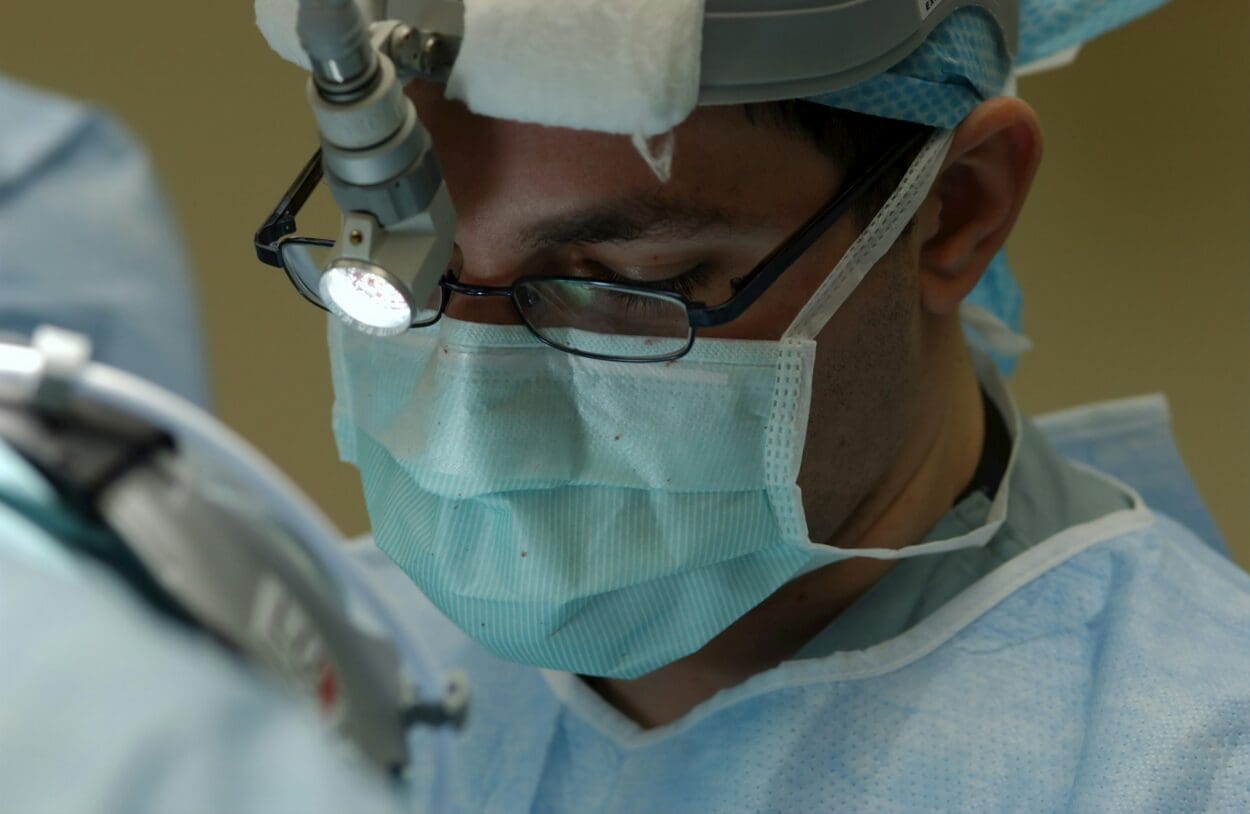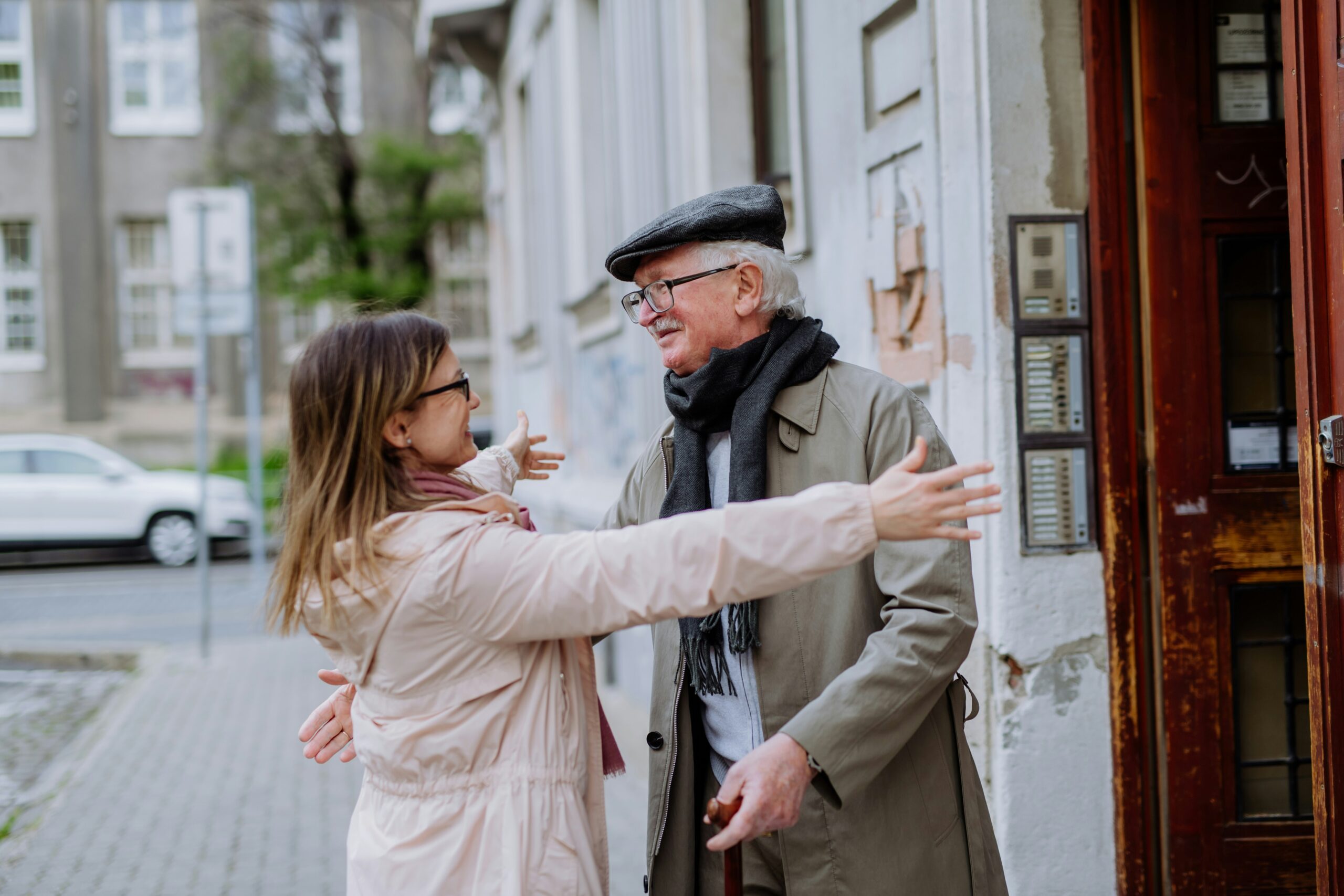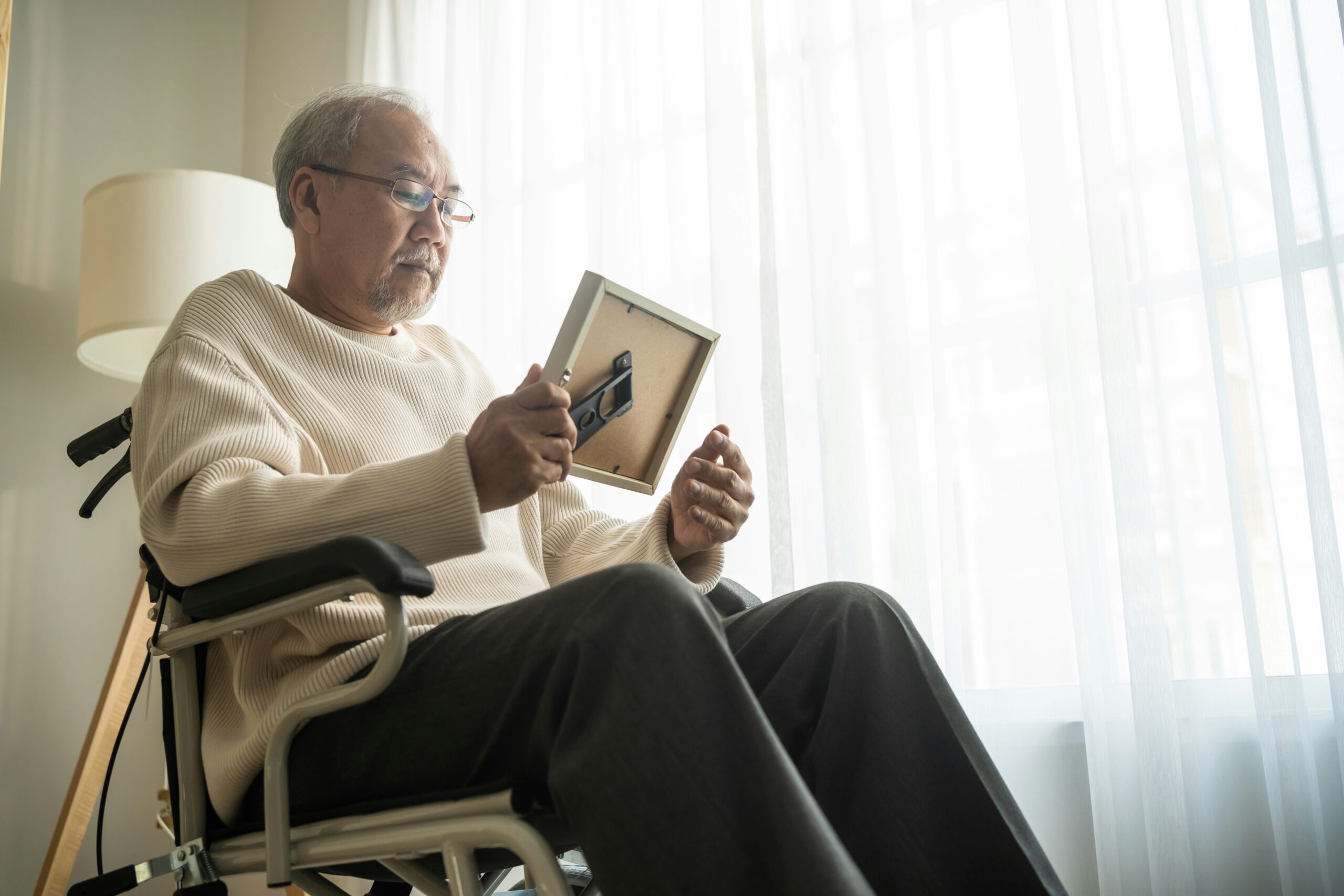Who knows I’m grieving as I walk- as I write this? I have seen people engulfed in acute grief, depths unfathomable to my prior understanding.
Is grief part of what you sign up for when you decide to become a clinician? Definitely! In the quiet spaces between life and death, where grief casts its long shadow, there exists a language spoken in whispers—a language of loss and longing, of memories woven into the fabric of existence. Never say, ‘There are no words for the grieving.’ I can tell you this for sure, I’m human too besides being a medical student, the loss of my grandfather made me feel the weight and measure of grief. We feel the loss too- of our patients. Maybe there are no right words but there are words. This is the path I chose as a medical student, navigating the complexities of empathy in healthcare, especially when faced with grief and loss.
In the path of a clinician, you have to navigate through medical complications, grapple with terrible diagnoses, and often question whether there’s even such a thing as a good diagnosis. Failed treatments, the prospect of losing body parts through amputations, and ultimately, facing the loss of life itself become part of the daily reality. For a clinician, it’s a case of a home built but never bedded especially when witnessing grief and loss taking a toll on patients and their loved ones, despite exerting the best medical efforts to prevent such outcomes.
Indeed, the road doesn’t tell the traveler what lies ahead. And that’s why each narrative here from my experience in the hospital corridors is worth every minute of your read. Hey! You cannot read loss, you only feel it.
Walking the Tightrope of Empathy: Delivering Difficult News
Delivering difficult news is a common challenge for medical students. Conveying empathy while discussing treatment plans can be particularly daunting, but it’s an essential skill in providing compassionate care. Perhaps the most difficult one was during my third-year clinical attachment. Mrs. Kamau, an anonymized name, was a vibrant 60-year-old woman, who had been battling diabetes for years. Despite her efforts to manage her condition, the disease had taken a toll on her body, particularly her feet. Due to diabetic neuropathy and poor circulation, Mrs. Kamau developed a severe foot infection that resisted treatment, putting her at risk of life-threatening complications such as sepsis.
Walking into Mrs. Kamau’s hospital room, I could feel the weight of the news I was about to deliver. She was surrounded by her children, two daughters in their mid-thirties and one son in his early twenties, their faces etched with worry and anticipation. Having interacted with them for the three weeks she had been admitted I was well acquainted with them. Taking a deep breath, I approached her bedside, trying to convey empathy and compassion despite the heaviness in my heart.
“Mrs. Kamau, I’m afraid we need to discuss your treatment plan,” I began gently, taking her hand in mine. The consultant doctor had deliberately chosen me to deliver this news to her as he had seen our warm relationship during the clinical ward rounds. As I explained the gravity of her situation and the necessity of amputation to save her life, I watched as her expression shifted from confusion to disbelief, then to raw anguish. Grief was eating into her heart. Tears filled her eyes as she struggled to comprehend the reality of her situation. Her children, too, were overcome with emotion, grappling with the news that their beloved mother would never be the same again.
At that moment, I found it challenging to maintain my professional composure as empathy overtook me. I juggled through the medical jargon in the simplest words possible and made sure she had a clear expectation of what was to follow. I might have lost contact with Mrs. Kamau but her resilience to undertake the amputation reminds me even in the face of cruel circumstances we need to fight to live another day.
Navigating Grief: A Personal Encounter with Loss
Mondays are the bane of my existence, the dreaded aftermath of the weekend’s respite. This particular Monday was no different, with the marathon of ward rounds stretching my endurance, and my legs crying out for the mercy of a moment’s rest. Exhaustion had seeped into my bones; I was beyond spent. Yet, unbeknownst to me, the day held surprises that would jolt me from my weariness in the most unexpected ways.
I had succumbed to sleep in the secluded nurse station within the surgical ward, a brief escape into oblivion. There’s a rumor that in Japan, power naps at work are not just accepted but rewarded. If only that were the case here—but the awakening I received was far from any reward I might have imagined.
My name, shouted urgently by my colleagues, pierced the haze of sleep, sending my heart into a frantic race. I stumbled to my feet, grogginess making way for a sharp intake of reality. Sleeping on the job, especially for a medical student, was tantamount to laziness in the eyes of our superiors, an offense met with stern repercussions. As my surroundings came into focus, it was clear that laziness was the least of our concerns. A medical crisis was unfolding before us.
A bus, ferrying university students from Mombasa to Eldoret for the National Ball-games Championships, had suffered a catastrophic brake failure, leading to a series of devastating collisions. The aftermath was catastrophic, with lives hanging in the balance and the specter of death looming large. As I hastened to don my medical attire, I was seized by a numbing shock. I braced myself for the chaos that waited in the emergency unit.
The scene that greeted me was one of pandemonium—a symphony of sirens, urgent voices, and the agonized cries of the injured. The emergency unit was a total chaos. The harrowing look of the young students fighting for their lives was a horror. Among them, twin brothers, once inseparable, now torn apart by tragedy—one was clinging to life while the other slipped away into the cold embrace of death. The weight of this loss was palpable, crushing the surviving brother beneath its unfathomable burden, his world unraveling in an instant. With a sense of urgency, my colleagues and I rallied to his side, offering what solace we could amidst the turmoil of grief that enveloped us all.
As the news reverberated through national media channels, the scale of the disaster became painfully apparent: lives lost, bodies broken, families torn asunder. In the hospital, grief became an ever-intensifying presence, each moment adding to the profound heaviness that permeated the air. Within the turmoil, our responsibilities as healthcare professionals acquired a heightened significance—we were more than just medical practitioners; we became beacons of comfort in a vast ocean of despair.
Each time I don my scrubs, I immerse myself in a tapestry of human experiences—stories of hope, triumph, heartbreak, and loss. The unpredictable journey ahead remains daunting, yet within it, I discover pockets of gratitude in every life I touch. While no one invites tragedy, the narratives that unfold before me illuminate the awe-inspiring resilience inherent in the human spirit. These encounters serve as poignant reminders of the transformative power of empathy and support amid life’s darkest moments. These encounters have deepened my conviction in the power of human connection to steer us through life’s most formidable challenges








Amazing , there’s is always light at the end of the tunnel.
Your choice of words and the vivid description of situations and dilemmas in your story writing equals that of our renown literate authors,it’s just fantastic and wow,Keep grinding brother from another mother Mr Poet , grief and empathy among healthcare workers is not just as simple as their spellings ,they are serious concern on an international scale .Gratitude ,keep going Medic
Surely you guys goes through a lot.
#more Grace
#keep going Doc